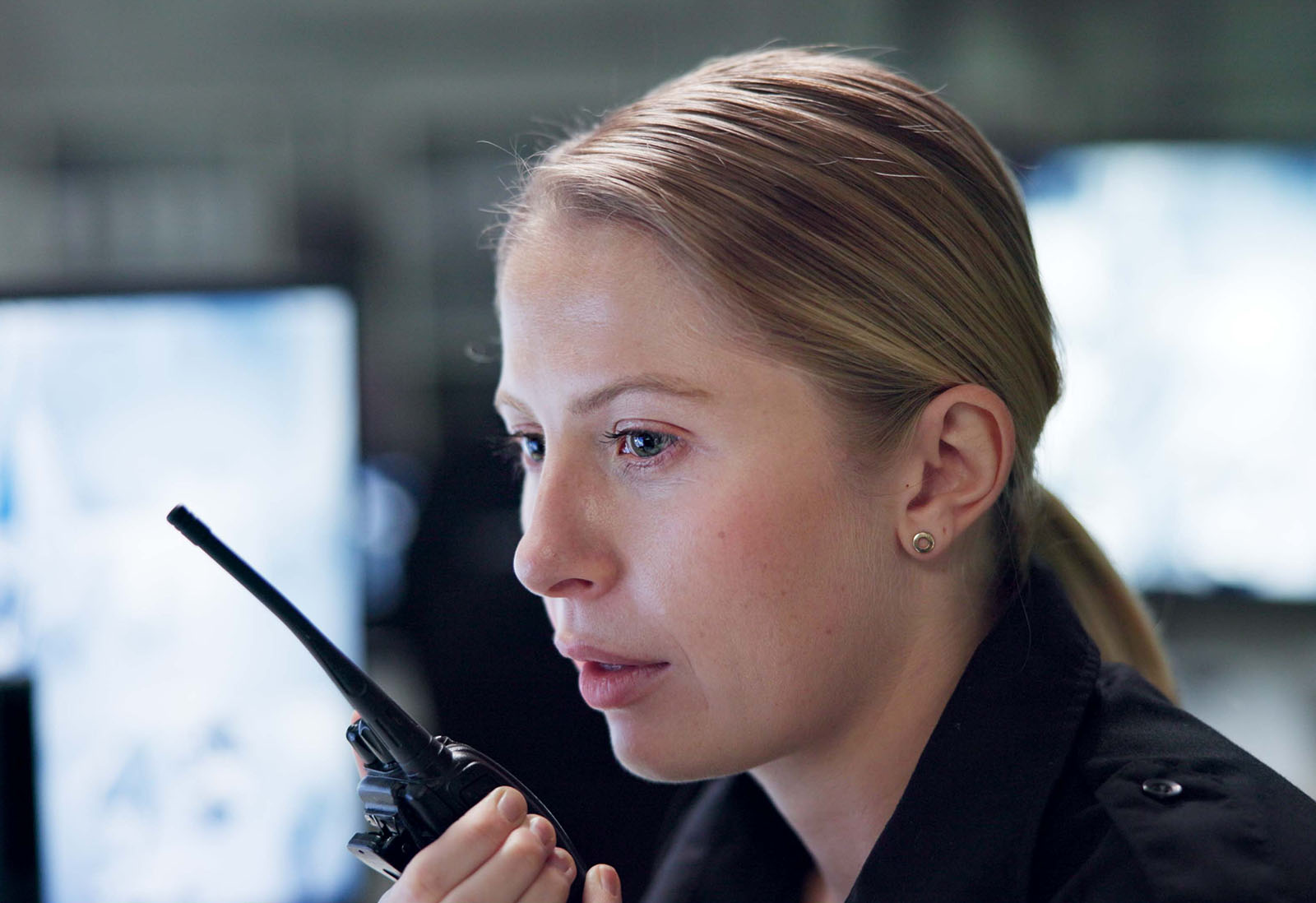By Michelle Darling, Kellie O’Dowd-Stinchcomb, and Sean Hosman
Submitted for publication in *American Correctional Association Journal* / *Corrections Forum*
Correctional systems across the country are at a breaking point. Agencies face record staff vacancies, overwhelming caseloads, and an exodus of experienced professionals. In this climate, the tasks that once served as opportunities for meaningful engagement—such as intake interviews, reentry planning, and risk assessments—are increasingly reduced to hurried paperwork exercises.
But in the same way that modern pilots rely on autopilot to manage complexity, correctional teams now have access to their intelligent co-pilot: Aida. Explicitly designed for correctional settings, Aida is an AI-powered interviewing assistant that conducts high-quality, consistent, and bias-reducing interviews. The result is a seismic shift in how time, energy, and expertise are allocated—away from administrative overload and toward real rehabilitation.
Reclaiming the Interview
Every intake or risk interview presents an opportunity to connect with an individual, understand their history, identify risks and needs, and lay the groundwork for effective support. Yet when interviews become rushed due to staffing shortages, they can fall far short of their purpose. Inconsistent data collection can lead to inaccurate assessments, mismatched programming, or the overlooking of red flags.
Aida restores the value of these interviews. By conducting semi-structured, motivationally informed conversations, it ensures comprehensive coverage by addressing every question and topic. This enables officers and clinicians to step back from repetitive data gathering and move forward into more in-depth engagement and planning.
A Productivity Multiplier
In pilot programs across multiple correctional systems, Aida has enabled staff to double or even triple the number of interviews completed each week—without hiring additional personnel. Because Aida produces complete transcripts and auto-generated reports that flag key risk indicators and recommended next steps, staff are freed from hours of note-taking and form-filling.
This isn’t just about volume. It’s about quality. Aida is trained in Motivational Interviewing (MI), a communication style that has been shown to reduce resistance and increase disclosure in justice-involved populations (Clark, 2005; McMurran, 2009). Interviews feel more like conversations and less like interrogations. Individuals open up. Case planning improves.
Human in the Loop, Not Out of the Loop
Critically, Aida does not replace correctional professionals—it empowers them. Staff remain central to decision-making. They review insights, evaluate red flags, and engage individuals in personalized follow-ups. What Aida eliminates are the mechanical, time-consuming tasks that lead to burnout and turnover.
According to a report by the National Institute of Corrections, burnout among correctional staff is associated with increased absenteeism, reduced safety, and poorer outcomes for justice-involved individuals (Lambert et al., 2010). By reducing administrative burdens, Aida helps staff rediscover purpose, reduce stress, and remain engaged in their roles.
A Smarter Way to Retain Talent
In an era when agencies are struggling to recruit and retain staff, improving job satisfaction isn’t just nice to have—it’s a survival strategy. Aida contributes by realigning staff responsibilities with their training and values. When professionals can focus on counseling, case planning, and problem-solving—instead of repetitive paperwork—they are more likely to stay and thrive.
Moreover, as a digital co-pilot, Aida ensures that even new or temporary staff can produce high-quality interviews. This standardization reduces onboarding time and provides consistent service across facilities and shifts.
The Future Is Augmented
The future of correctional work is not about replacing humans with machines. It’s about creating augmented teams, where AI tools handle routine tasks and humans focus on complexity, care, and judgment. Aida embodies this future: a partner that boosts capacity, elevates quality, and restores meaning to frontline work.
In the hands of overburdened correctional staff, Aida is more than a tool—it’s a teammate.
Citations
– Clark, M. D. (2005). Motivational interviewing for probation officers: Tipping the balance toward change. *Federal Probation*, 69(2), 40–44.
– McMurran, M. (2009). Motivational interviewing with offenders: A systematic review. *Legal and Criminological Psychology*, 14(1), 83–100. https://doi.org/10.1348/135532508X278326
– Lambert, E. G., Hogan, N. L., & Allen, R. I. (2010). Correctional staff burnout: A brief literature review. *Criminal Justice and Behavior*, 33(4), 541–556. https://doi.org/10.1177/0093854806288035
– Walters, S. T., & Clark, M. D. (2007). Motivating offenders to change: A guide for probation and parole. National Institute of Corrections.


